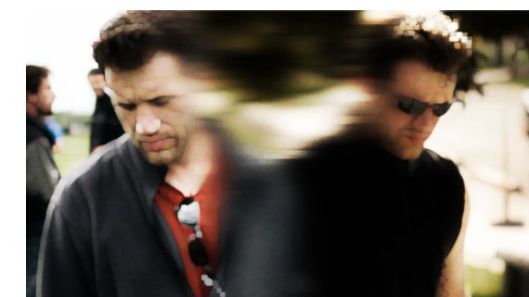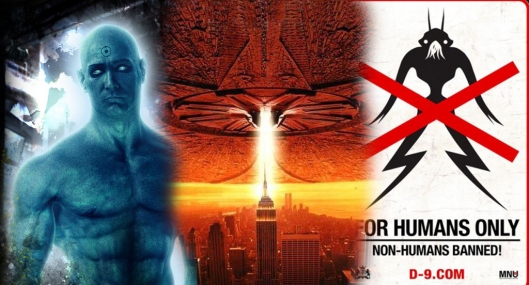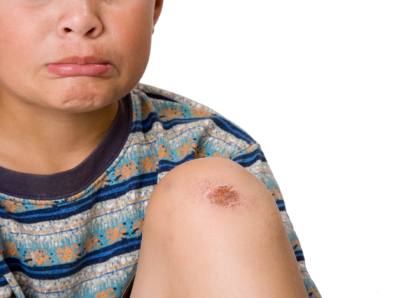Using OurPangea to Gain Perspective
Think about where you live right now. Is it an apartment complex? A city block? A college residence hall? Have you lived there for a long time? Are you friendly with your neighbors? Do you have a family or roommate or do you live alone? Are you involved in groups and committees in your neighborhood? Do you love your home? Do you not?
Now think about where you grew up. Do you still know all of your neighbors? Do the same traditions still exist? What is different? What is the same?
No matter how you feel about where you live, one thing is certain: you will not be there forever. And once you’re gone every community keeps living, breathing, and growing without you. New leaders are elected, new residents move in, and new stores will open and close. If you’re lucky you’ll be able to keep some connection to your old home through parents still living there, friends still in your old neighborhoods, or alumni associations keeping tabs on your high school or college graduating class. But we all inevitably lose the sense of belonging we used to feel with our old stomping grounds.
Think about your educational experience. Weren’t you involved in any student or school groups? Were there any classes or teachers you particularly liked? You may not still be a part of those things, but wouldn’t you like to see what is happening with them now?
Imagine if you could reminisce on your old experiences and feel like you’re a part of the new ones being created. This is a perfect example of how using OurPangea will help us reconnect with groups and experiences in the same way Facebook has given us the ability to reconnect with old friends.
Alumni associations and Educational departments could use OurPangea to help alumni retain their connection to the schools, teachers, and groups they loved. Community centers, galleries, and museums could showcase annual events and exhibits for past participants to remember and meet the new ones.
Further, OurPangea can be used as more than simply a window to the past. Imagine being an incoming college freshman getting ready to move to a new city surrounded by people you don’t know. If our university communities are represented on OurPangea, incoming students will be able to see what their experience will be like in the major they’re entering. From participating in social discussions to learning how students see their peers to meeting classmates from around the world, it would be possible and maybe even expected to become an active part of the community goings-on before even getting there.
When our events, neighborhoods, and social lives live on OurPangea it will help us maximize our time in the present, relive the best experiences from our past, and proactively discover the things we might want to join in the future.






